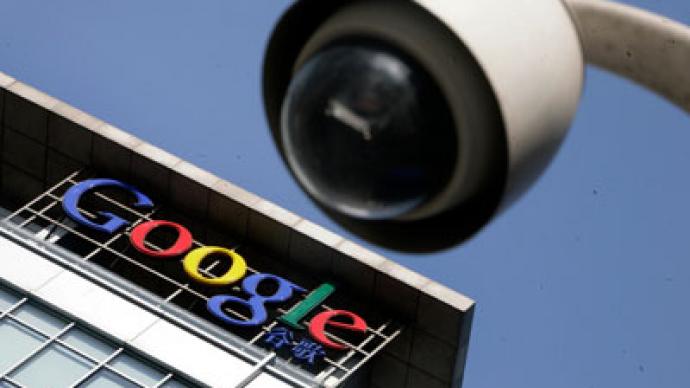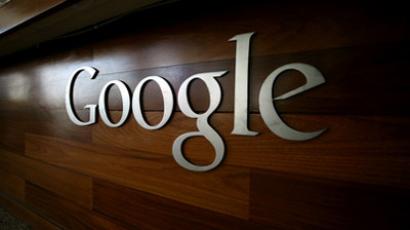Google starts watching what you do off the Internet too

The most powerful company on the Internet just got a whole lot creepier: a new service from Google merges offline consumer info with online intelligence, allowing advertisers to target users based on what they do at the keyboard and at the mall.
Without much fanfare, Google announced news this week of a new advertising project, Conversions API, that will let businesses build all-encompassing user profiles based off of not just what users search for on the Web, but what they purchase outside of the home. In a blog post this week on Google’s DoubleClick Search site, the Silicon Valley giant says that targeting consumers based off online information only allows advertisers to learn so much. “Conversions,” tech-speak for the digital metric made by every action a user makes online, are incomplete until coupled with real life data, Google says.“We understand that online advertising also fuels offline conversions,” the blog post reads. Thus, Google says, “To capture these lost conversions and bring offline into your online world, we’re announcing the open beta of our Conversions API for uploading offline conversion automatically.”The blog goes on to explain that in-store transactions, call-tracking and other online activities can be inputted into Google to be combined with other information “to optimize your campaigns based on even more of your business data.”Google is all but certain to ensure that all user data collected off- and online will be cloaked through safeguards that will allow for complete and total anonymity for customers. When on-the-Web interactions start mirroring real life activity, though, even a certain degree of privacy doesn’t make Conversions API any less creepy. As Jim Edwards writes for Business Insider, “If you bought a T shirt at The Gap in the mall with your credit card, you could start seeing a lot more Gap ads online later, suggesting jeans that go with that shirt.”Of course, there is always the possibility that all of this information can be unencrypted and, in some cases, obtained by third-parties that you might not want prying into your personal business. Edwards notes in his report that Google does not explicitly note that intelligence used in Conversions API will be anonymized, but the blowback from not doing as much would sure be enough to start a colossal uproar. Meanwhile, however, all of the information being collected by Google — estimated to be on millions of servers around the globe — is being handed over to more than just advertising companies. Last month Google reported that the US government requested personal information from roughly 8,000 individual users during just the first few months of 2012.“This is the sixth time we’ve released this data, and one trend has become clear: Government surveillance is on the rise,” Google admitted with their report.














